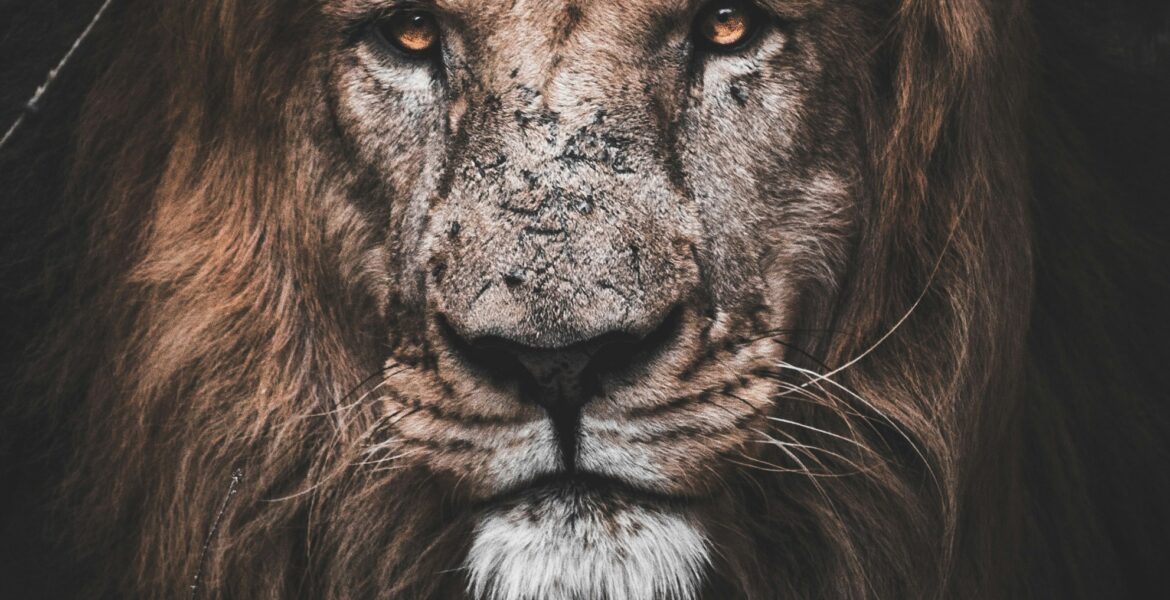Photo by Matthew Kerslake on Unsplash
Campaigners say the first formal appointment of a wildlife conservation organisation as a Trusted Flagger in the European Union will work to highlight online activity by wildlife criminals.
Online platforms used by criminals will now be legally bound to respond and prioritise materials identified as illegal by the International Fund for Animal Welfare.
This status has been granted by the French Digital Services Coordinator, the Regulatory Authority for Audiovisual and Digital Communication (ARCOM).
The so called Trusted Flagger provision is a component of the EU digital services Act – the EU regulation that defines clear responsibilities and accountabilities for online platforms.
Organisations with this status are formally recognised to identify and notify the platforms of the presence of illegal online content in their respective specialisms.
This could be hate speech, terrorist content or, in IFAW’s case, wildlife crime.
IFAW say it will focus on wildlife cybercrime, including exotic pets such as protected species of snakes or parrots being illegally offered on social media platforms and e-commerce websites, whereby it might be difficult for non-specialists to determine what animals cannot be traded legally.
Eugénie Pimont, Wildlife Cybercrime Officer at the IFAW, said that prioritising IFAW-identified posts will fast-track the process of removing harmful wildlife advertisements, quickly reducing their impact, reach, and virality.
Pimont said it will also incentivise the platforms to be more proactive in preventing protected animals being traded in the first place, as there can be fines for non-compliance.
This mechanism complements IFAW’s existing collaboration with online platforms across the world, adds IFAW.
“It’s time to make it clear that the internet is not a lawless space – by reducing the illegal supply online, we can cut demand and, in turn, disrupt the supply chain and decrease poaching on the ground. Wildlife criminals are causing untold harm on ecosystems, suffering on wild animals, and deceit on the customers that unwittingly buy them”, said Pimont.
“Many people such as animal lovers and hobbyists, stumble across the sales of wild animals online, and wrongly believe that they can provide a safe and loving home for them. Yet, they aren’t aware that so many of these animals could have been poached from the wild, and that many trafficked animals die in transit”.
“We welcome this recognition and collaboration with ARCOM, aiming to combat this type of cyber-enabled organised crime”, Pimont added.
Wild animals, it is said, are often directly stolen from the wild, crammed into containers so tightly they can’t move, and smuggled around the world – many die in transit.
Trade and trafficking of wildlife is worth billions annually.
Millions of wild animals are killed, caught, bred, bought and sold across the globe every year to meet consumer demand for live animals, parts and products, says IFAW.
It says the illegal wildlife trade has become big business for organised criminal gangs, often linked to other types of organised crimes such as firearms, human and drugs trafficking, as it offers a lucrative, low risk, high reward prospect.




